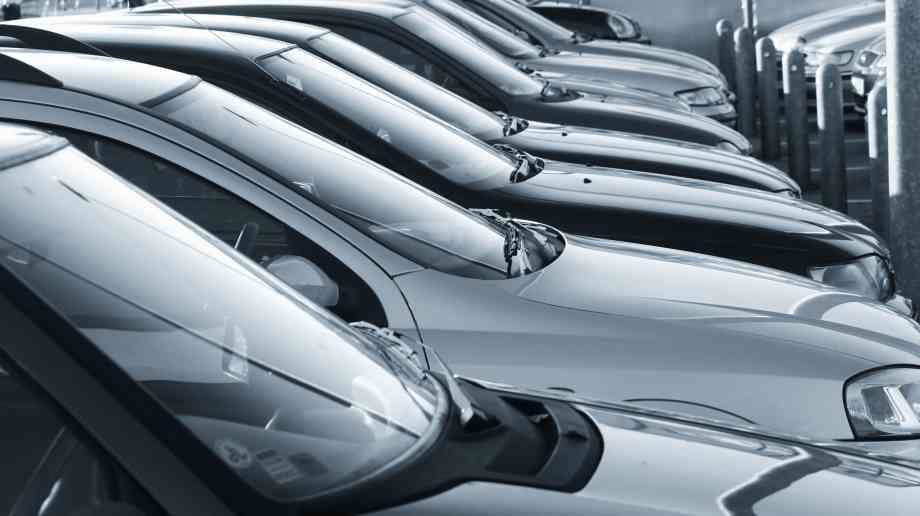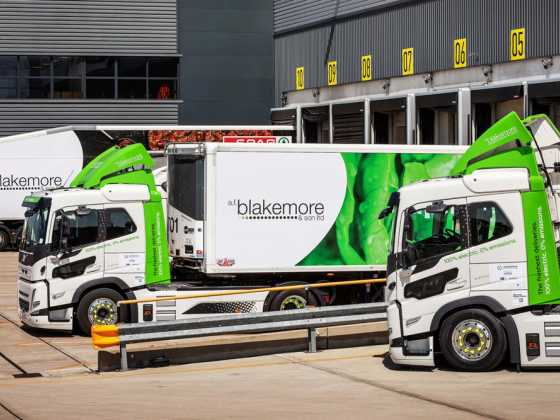Grey fleet and staff travel dilemmas

Staff-owned vehicles are still widely used for business purposes, which poses a problem for employers in terms of ensuring the safety and green credentials of such vehicles. So what should a grey fleet policy look like and what are the alternatives?
Grey fleet refers to employee-owned vehicles that are used for business-purposes. As a vehicle is considered a place of work, the same diligence over employee health and safety must be applied. What's more, organisations are accountable under the corporate manslaughter act.
It is therefore important for organisations to consider the safety of the vehicles their staff drive for business journeys.
Grey fleet vehicles tend to be older than company cars and are likely therefore to be fitted with fewer safety features.
As a result it is more difficult for organisations to demonstrate that they are meeting the duty of care requirement.
Older grey fleet vehicles may also emit higher emissions, and may incur costs in clean air zones and London's ULEZ scheme, making it harder for organisations to meet any environmental goals.
Grey fleet can be expensive
Grey fleet is typically reimbursed at 45 pence per mile (ppm) for the first 10,000 miles, and 25ppm thereafter. There is also the risk that an employee rounds up journeys. In its Grey Fleet Guide, the Energy Saving Trust says that a driver rounding up a claim from 8 to 10 miles increases the journey cost by 25 per cent. For 50 drivers, averaging 2,000 miles a year, inflating their mileage claims by 25 per cent would mean £11,000 being unnecessarily reimbursed.
What should a grey fleet policy look like?
A grey fleet policy should outline the minimum vehicle standards in terms of Euro NCAP safety ratings, vehicle age, emission levels, required safety features and breakdown cover.
It should also state that the employee is responsible for ensuring their vehicle complies with laws on roadworthiness, is being serviced in line with manufacturer guidelines and has the appropriate level of insurance and breakdown assistance cover.
It should also outline the need for drivers to check fuel, lights, oil, rust, water, electrics, indicators, windscreen (including wipers), mirrors and tyres at the start of each journey.
The policy should also state that drivers need to show a valid and clean driving licence, details of insurance, and breakdown assistance cover.
What are the alternatives?
Today organisations should consider a mix of mobility solutions when it comes to business travel. This could include car pools, car share, public transport and other and on-demand services. Video conferencing could also be adopted to negate the need to travel.
Organisations could also consider installing telematics in grey fleet vehicles. This would allow for better insight into a vehicle’s location and journeys as well as information on how safely and efficiently an employee is driving.
Addressing the issue of high grey fleet miles, the Highland Council has reduced its annual business mileage by more than 825,000 miles and made cost savings in excess of £400,000 in the first 12 months since introducing a car club.
This represents a 15 per cent reduction in overall business travel costs. The council’s grey fleet mileage has fallen by nearly a quarter (22 per cent) and its overall business mileage has dropped by 13 per cent.
A fleet of 60 Enterprise Car Club vehicles located across 21 Highland Council offices is now available for booking by the hour or day by employees who would have previously used a private car and claimed mileage reimbursement.
The majority of the 60 vehicles are plug-in hybrids. Five plug-in Nissan LEAF electric cars are also based at Council offices in Inverness, Golspie and Fort William, where average journey lengths are often shorter and electric vehicles (EVs) offer the most viable and sustainable option. Enterprise has also installed car club technology, including the ability to book online or via a mobile app, in many of the council’s own pool cars.
The Highland Council estimates that it has cut its carbon footprint from staff travel by approximately 377 tonnes of CO2 equivalent in 12 months by transferring grey fleet mileage onto dedicated hybrid and electric Enterprise Car Club vehicles, a reduction of 19 per cent.
The Council covers a large area of Northern Scotland, roughly equivalent to the size of Belgium. Many of its 10,000 employees travel great distances for business to and from around 700 local offices, schools and depots to deliver essential local services. Before bringing Enterprise on board, its grey fleet mileage amounted to more than six million miles a year at a cost of more than £2.2 million.
A significant factor in the success of the club has been an employee communications programme that provides clear information on how to make better travel choices. This will shortly include the generation of automated emails to notify when employees could be utilising vehicles more efficiently.
The Council aims to increase its car club fleet to 80 vehicles by the end of this year to achieve even greater savings.
In addition, the Council is rolling-out an improved ICT infrastructure to encourage video conferencing and is focusing on shared and public transport for service delivery where practical.
Electric vehicles
Introducing electric vehicles onto a fleet of pool cars can be a great way to reduce the environmental impact of business travel, as well as get more people to try plug-in vehicles, therefore increasing awareness and confidence. West Sussex County Council is using four electric Renault ZOEs as pool cars, helping the council tackle grey fleet car use by offering staff an alternative to using their own vehicles.
The Scottish Fire & Rescue Service (SFRS) has also seen the benefit of offering electric vehicles as pool cars.
The fire service will use 45 Renault ZOEs as general pool vehicles, with each covering at least 10,000 miles a year. They will be used by uniformed staff, office employees and management to interact with the public in non-emergency situations, which span free home safety visits to community events, and will be spread across the whole of Scotland, including all major cities and as far as Orkney and the Shetland Islands.






